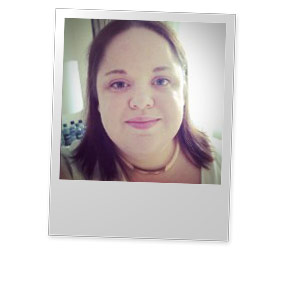Katie, 35, has been living with several ‘invisible’ conditions, including Cluster Headaches and Addison’s disease, for the last two decades.

As a result of her condition, Katie experiences fatigue and a number of ‘headache’ disorders.
One of the biggest barriers Katie faces each day is a lack of understanding – both from the general public, and from medical professionals – about her condition.
“I struggle to explain my condition to people. When I tell them I have cluster headaches they don’t understand the severity of the condition. At least once a day I fight the urge to scream ‘it's not just a headache!’
“It took 10 years before I was diagnosed. I had been told by medical professionals that what they thought were migraines were being caused by stress, but I knew that there was something else wrong.
“Eventually I found a GP that listened to me and offered me outstanding care. Soon afterwards he referred me to the Walton Centre where I have gone on to receive outstanding care.”
Katie has also experienced a common side effect affecting people living with chronic ‘invisible’ conditions – depression and anxiety.
“There are many of us who suffer with mental health conditions as a result of our invisible illnesses. Unfortunately, it’s often treated as a normal side effect to living with an invisible illness rather than as a separate condition in itself.
“I think that for care to improve medical professionals need to acknowledge that the patient is the expert of their own body and they know when something is not right. I don’t expect my GP to be an expert in every medical condition, but I need to feel respected enough as a patient to feel that my doctor is listening to what I have to say and will admit when they don’t know and are willing to ask someone else.”
If you have an invisible condition, you may use health and care services regularly and know a lot about the quality of care. CQC need you to tell us about your care, good or bad. Your information will help our inspectors decide when, where and what to inspect and it could stop poor care happening to someone else in the future. Use our online form to tell us about your care
More information
Invisible conditions
Find out more about our campaign looking at how people with ‘invisible’ conditions receive care.
Your Experiences
Hear people's experiences of living with ‘invisible’ conditions, their experiences of care, and their ideas of how care could improve.
Examples of outstanding care
Find out what some GP services are doing to improve the lives of people with long term conditions and recognise their concerns.
Take part in the conversation
Join the conversation on Twitter using the #InvisibleConditions hashtag, or tell us about your care through our website.